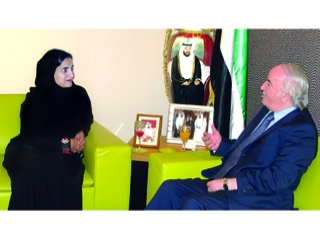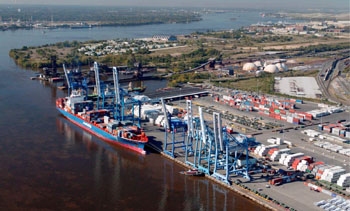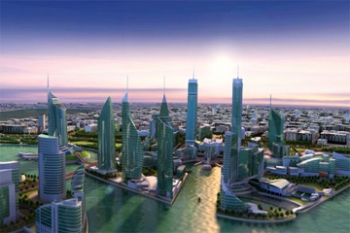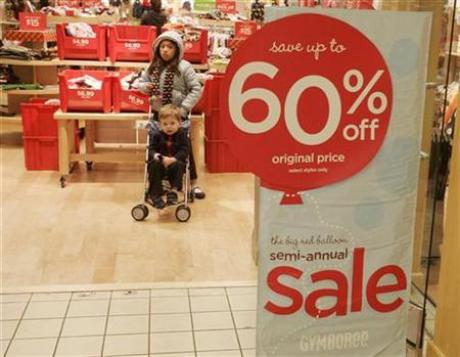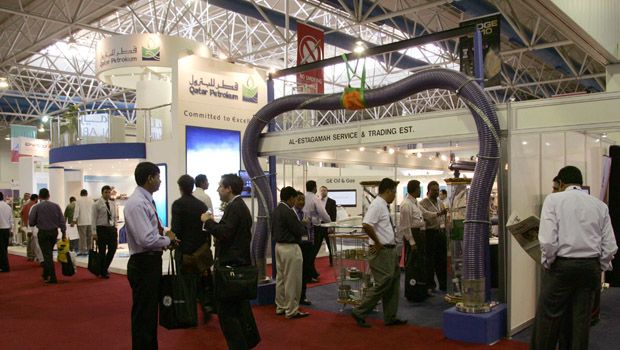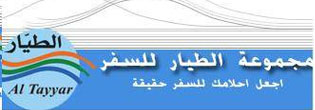Speaking at the 3rd Saudi Arabia International Oil and Gas Exhibition (SAOGE 2010), former CEO of Royal Dutch Shell Jeroen van der Veer felt that not only will demand for energy have doubled by 2030, but there is a large degree of uncertainty about the availability and price of respective sources of power.
“Do we know the relative price of oil and gas compared to other sources of energy in 2050? Do we know about the cost and price of CO2 solutions? Do we know about scarcity constraining biofuels?” he asked.
To counter this uncertainty, governments in the region have to pursue an energy mix and invest in the research and development of renewables, he said.
“There are a lot of uncertainties, so we get concerned. And if you get concerned, you have to spread your bets,” said van der Veer.
“It is an insurance premium against uncertainties of future energy supply, and I am glad to see that most countries in the region have invested in that premium. Yes, the region is based on oil and gas, but it makes strategic sense to be involved in the alternatives.”
Van der Veer felt that natural gas has been undervalued as a source of energy.
“Natural gas has been too modest about its strength and abilities to provide energy,” he said.
As a result of a supply side discontinuity, the known reserves of natural gas have gone up. But this has not been reflected in demand, he said.
“Looking at the demand side of things, natural gas is not doing a good marketing job,” he said. This is in spite of the fact that electricity from natural gas necessitates the lowest investment, and permits for the construction of power plants fueled by gas are generally easy to obtain, he said.
While conceding that wind and solar are even cleaner sources of energy, van der Veer pointed out that these alternative energies are not yet cost effective and still require high levels of subsidies.
“I often say that windmills are not turned by wind but by subsidies,” he quipped.


